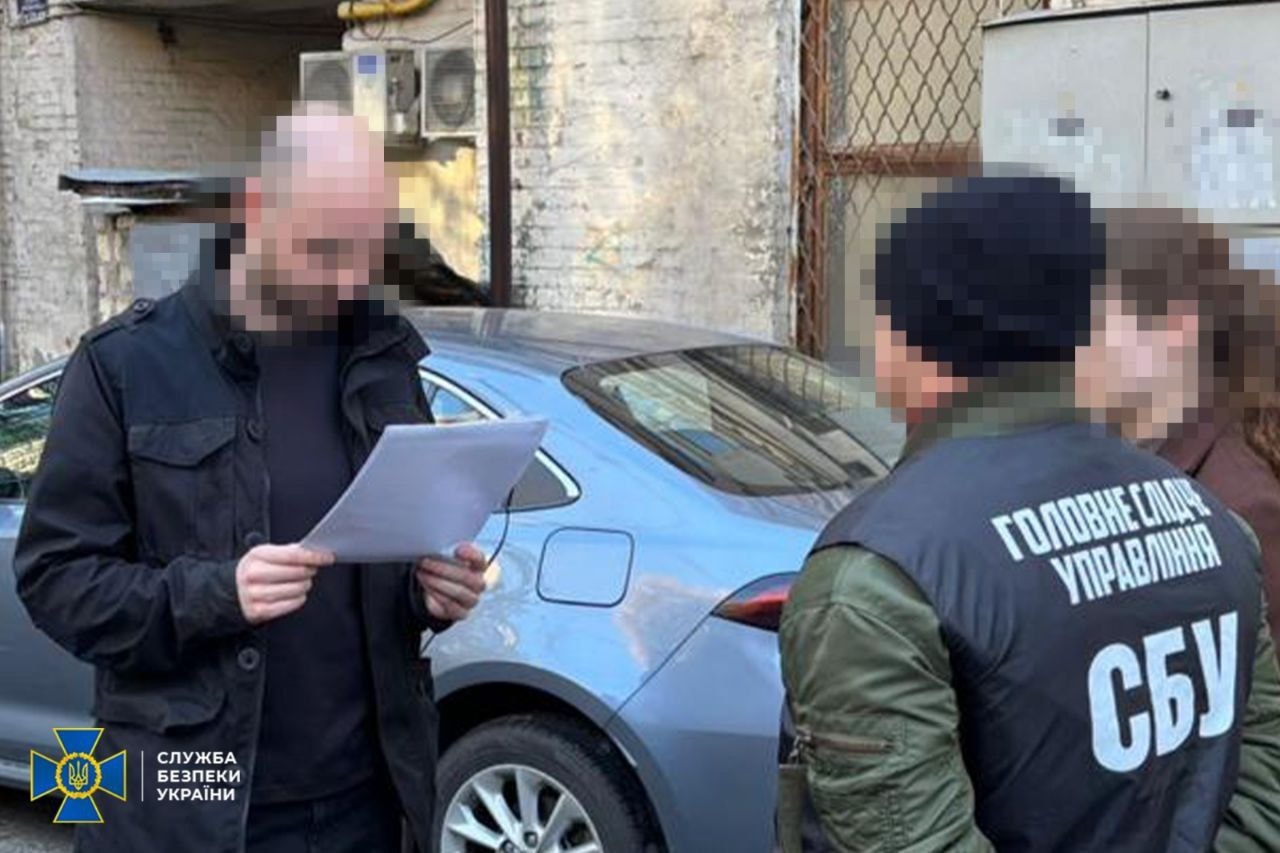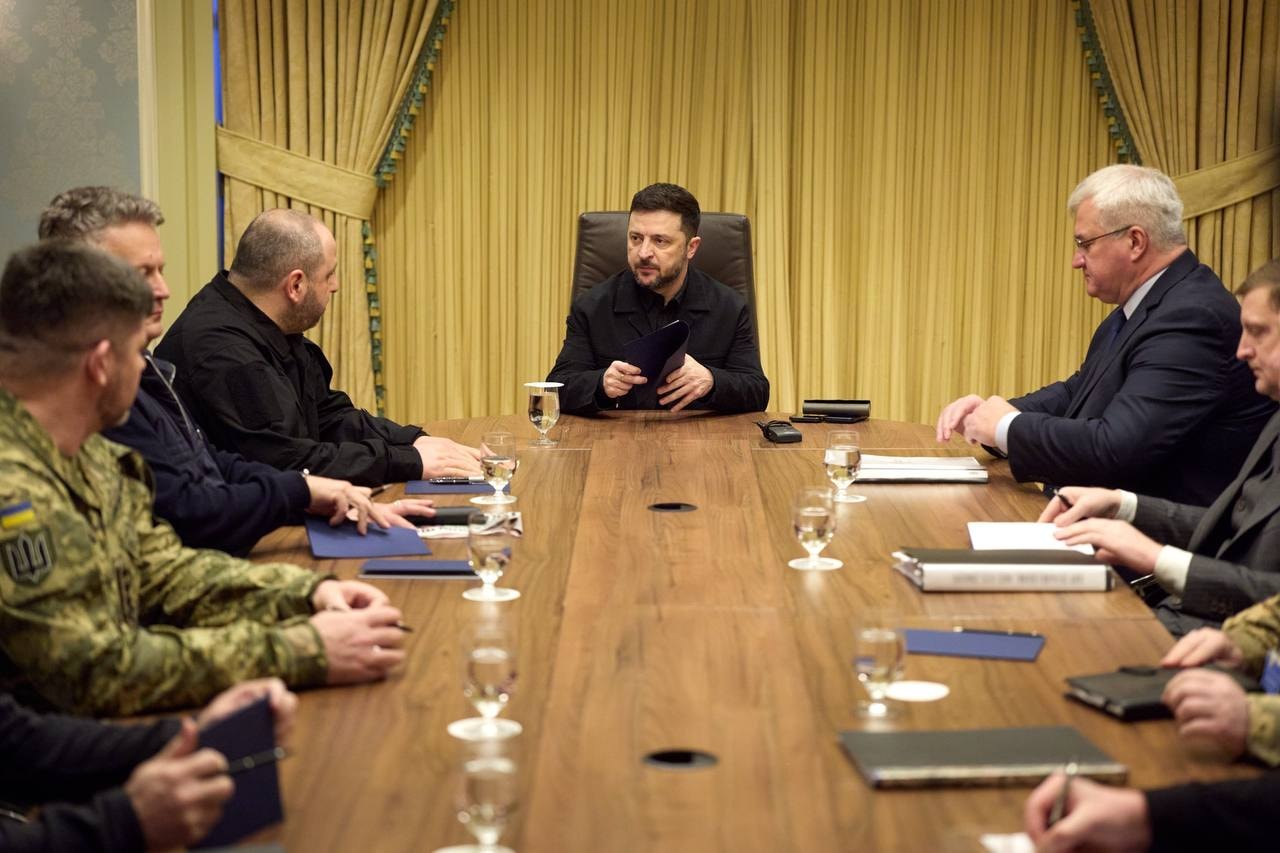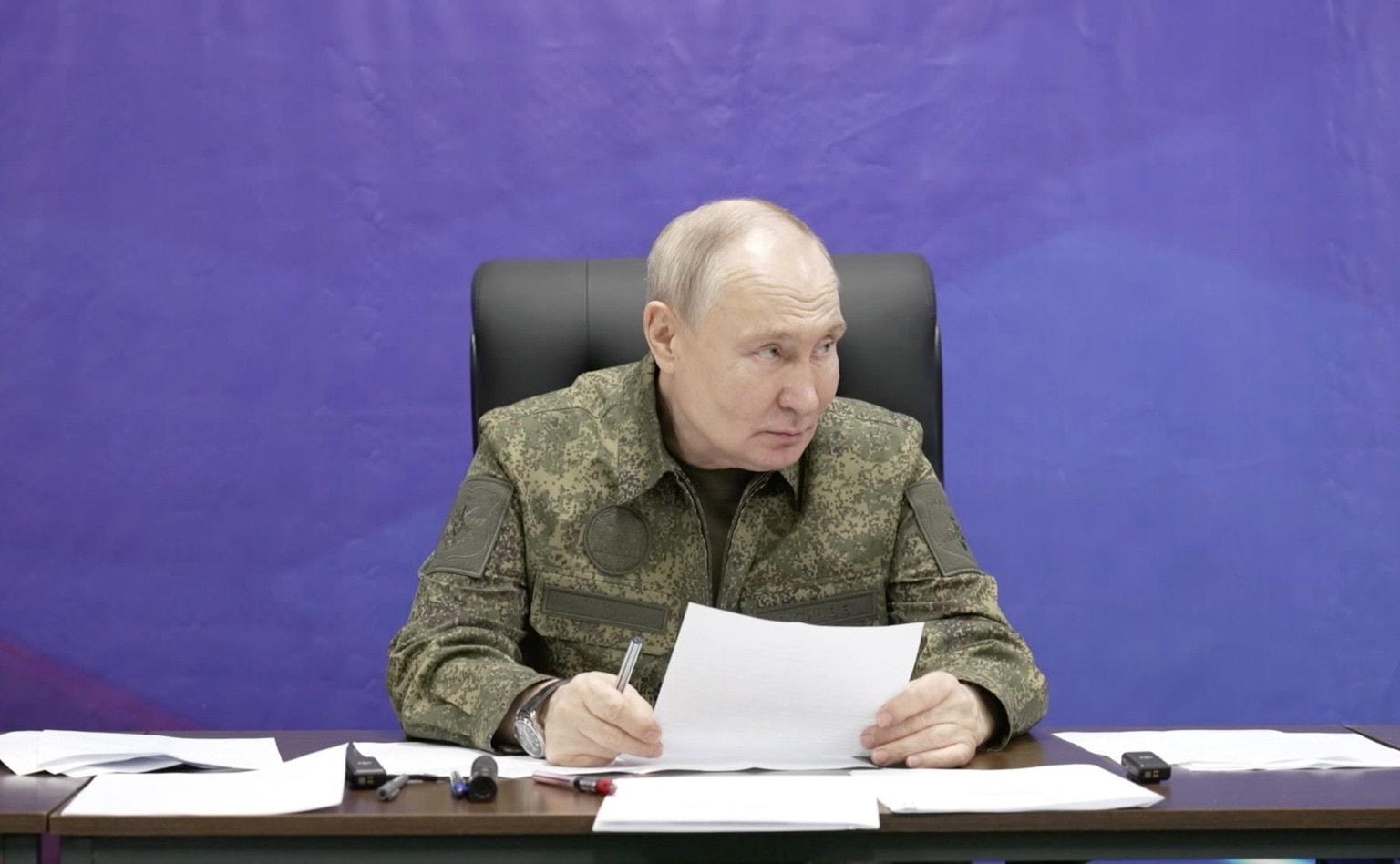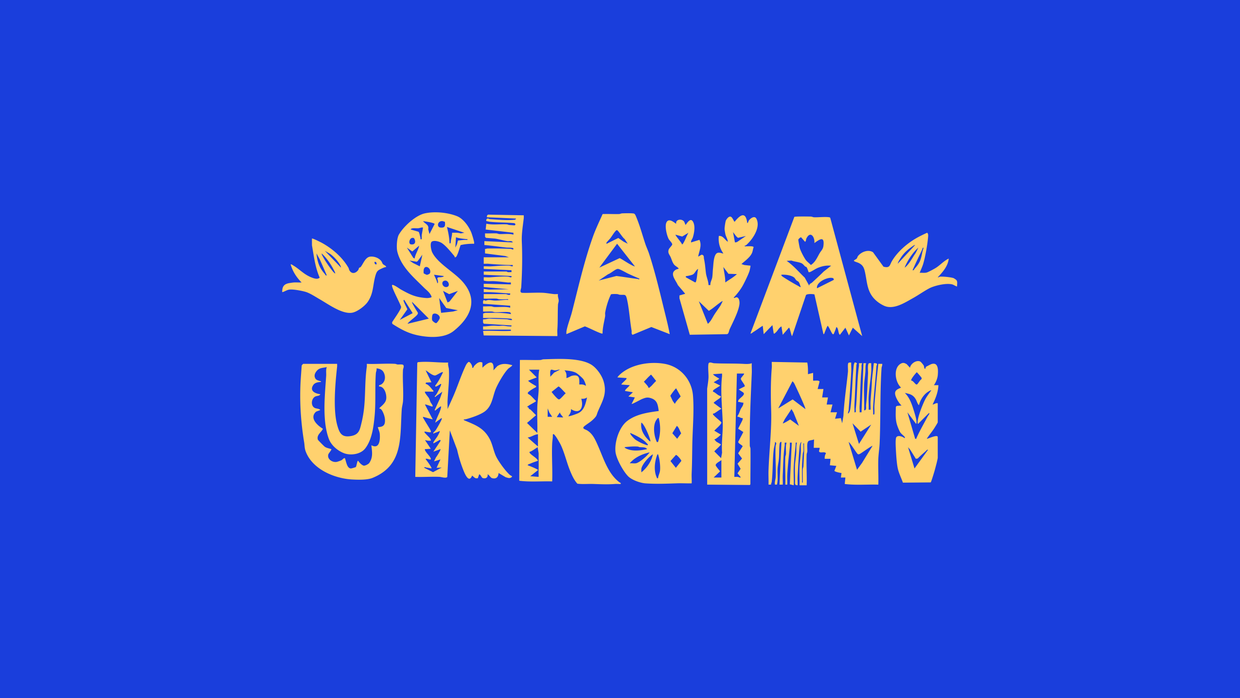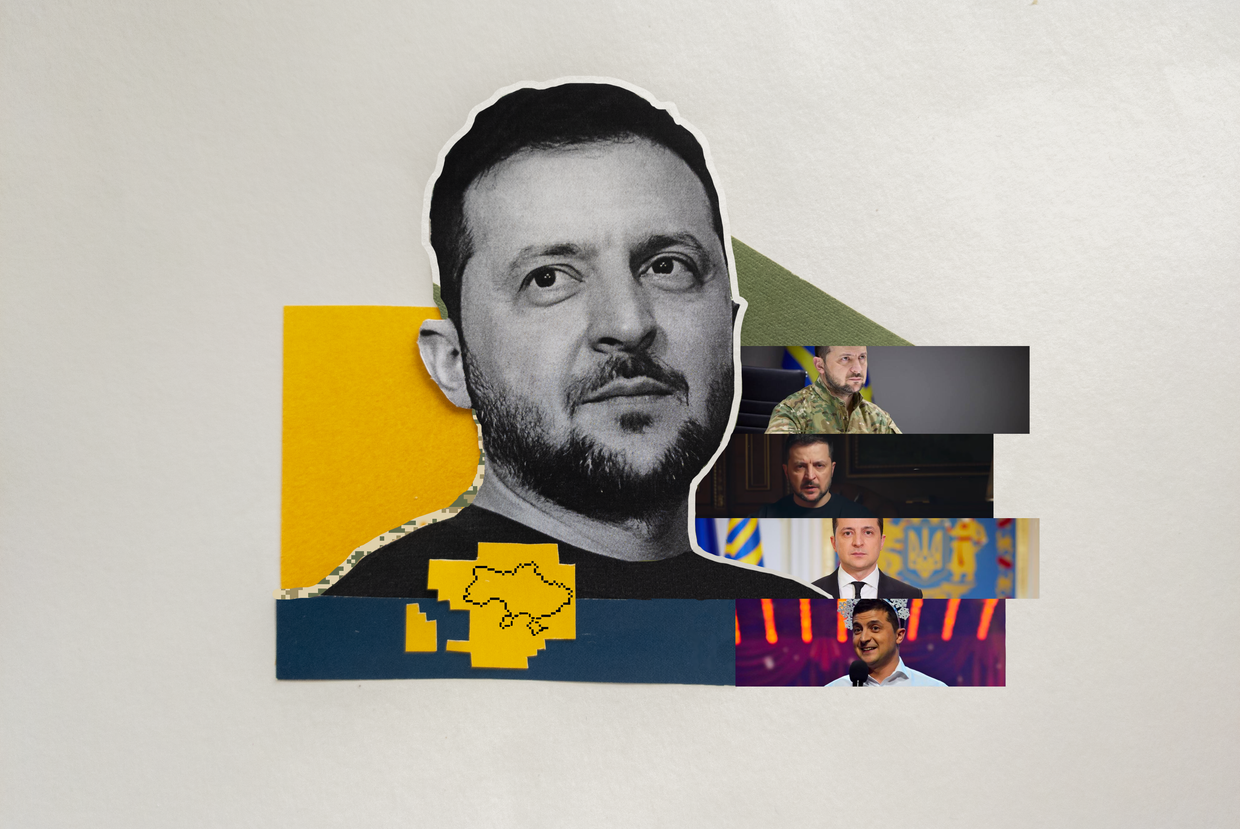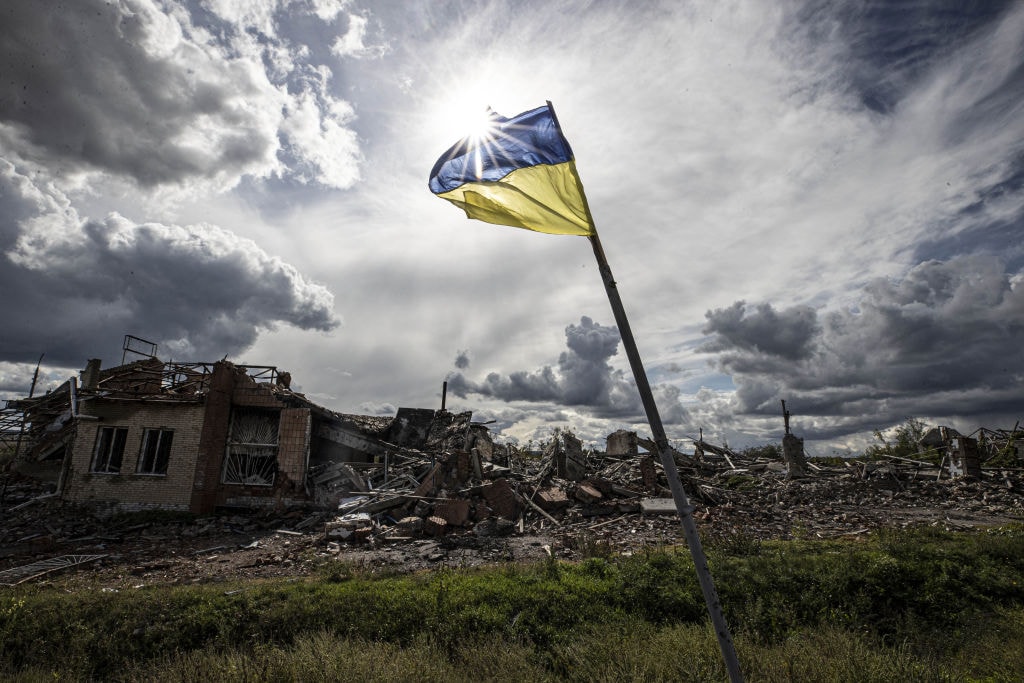Ukraine news
News Feed
US envoy meets Putin for high-stakes talks on ending Russia's war in Ukraine
Kremlin spokesperson Dmitry Peskov said Witkoff will present Putin with the latest version of the U.S.-Ukraine framework drafted during recent rounds of talks in Geneva and Florida.

Ukraine war latest live: HUR drones hit Russian air defenses in occupied Donbas
Hello, this is Chris York, reporting from Kyiv on day 1,378 of Russia’s full-scale invasion of Ukraine. While the international focus remains on Trump's peace deal negotiations in Moscow, our focus in this blog is on updates from the front: Our top story so far: Drones launched by Ukraine's military intelligence struck Russian air defense systems in occupied Donbas, the agency claimed on Dec. 2, knocking out a launcher from a S-300 SAM system, and two 1L125 Niobium-SV radar stations. "Such s

Russia 'ready right now' for war with Europe, Putin says before meeting US envoy
Russian President Vladimir Putin said Europe "has no peaceful agenda" and "is on the side of war" just before meeting U.S. Special Envoy Steve Witkoff.

Where is Ukraine’s front line? The answer is getting harder, and more political
In the tumultuous history of modern warfare, the information struggle has often been fought with the same fury as the kinetic. Amid all the attempts to portray success instead of failure, to exude control when there is chaos, there is one hard truth that is difficult to hide from for long: the movement of the front line. What was — for the entire history of conflict until the last decade — once concealed by the fog of war and hostage to the information politics of the belligerents, is now read

We are fighting to avoid becoming a Ukrainian shell of a Russian entity
About the author: Yuliia Boklah is a PR specialist and board member of the Helping to Leave charitable project, which has evacuated more than 21,000 Ukrainians from occupied territories or deportation since Russia’s full-scale invasion. It’s Friday evening. I am wrapping up urgent work matters and glancing at the news. In Ternopil, the rubble of a residential building destroyed by a Russian missile is still being cleared, and society is being rocked by new painful updates and heartbreaking sto

Russian tanker reportedly hit by sea drones in Black Sea near Turkey
A Russian oil tanker reportedly came under a drone attack in the Black Sea while en route to a port in northern Turkey on Dec. 2, according to Turkish authorities.
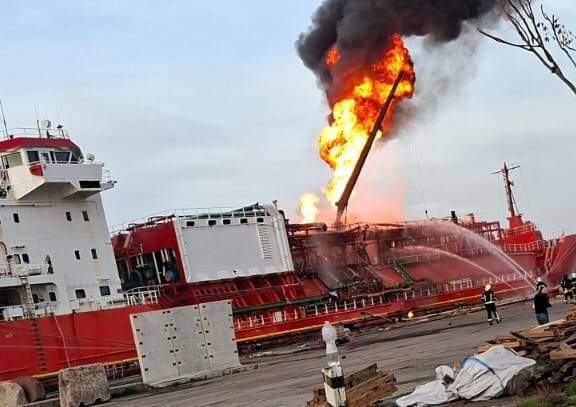
About Ukraine
The Kyiv Independent delivers reliable news, context, and on-the-ground reporting from Ukraine. The largest country located entirely in Europe, Ukrainian territory covers 603,628 square kilometers (233,062 square miles), and is bordered by bordered by seven countries, namely Russia, Belarus, Poland, Slovakia, Hungary, Romania, and Moldova. Ukraine traces its history back to the medieval state of Kyivan Rus.
Most Popular
A Russian military victory in Ukraine would cost Europe twice as much as a Ukrainian victory, according to a new study by Corisk and the Norwegian Institute of International Affairs published on Nov. 25.

